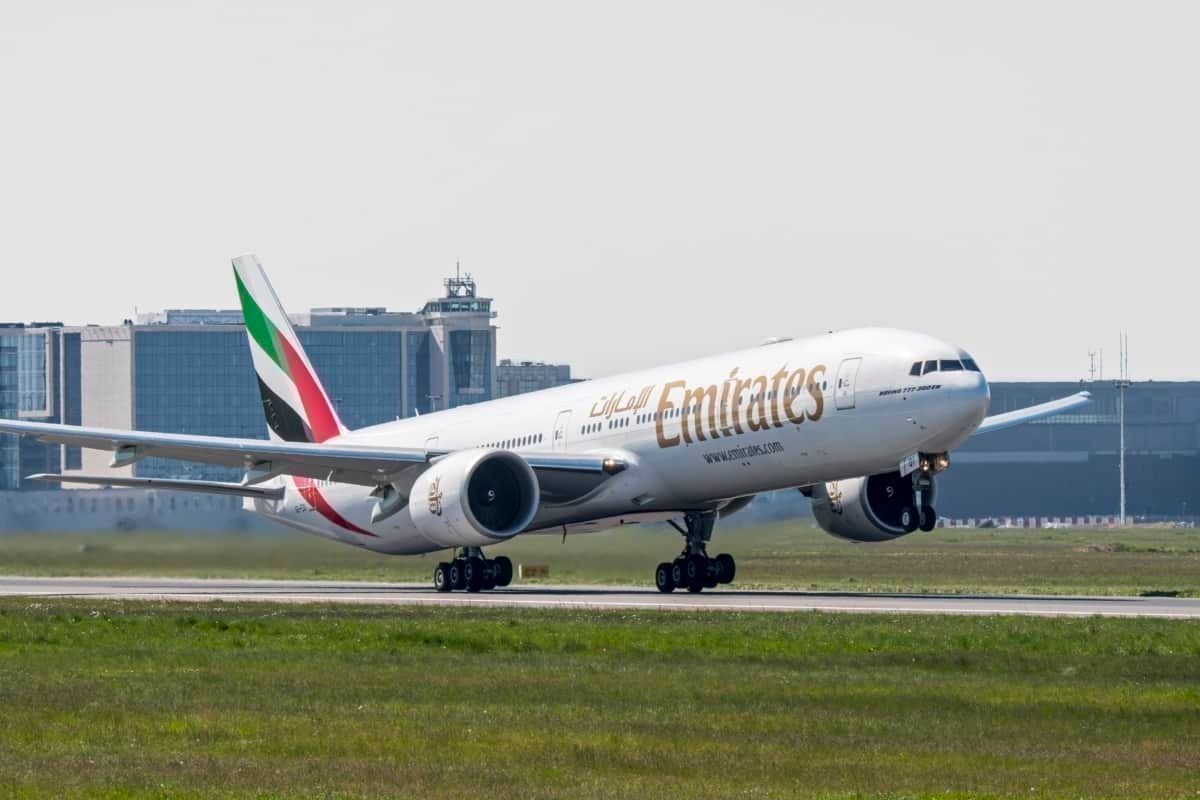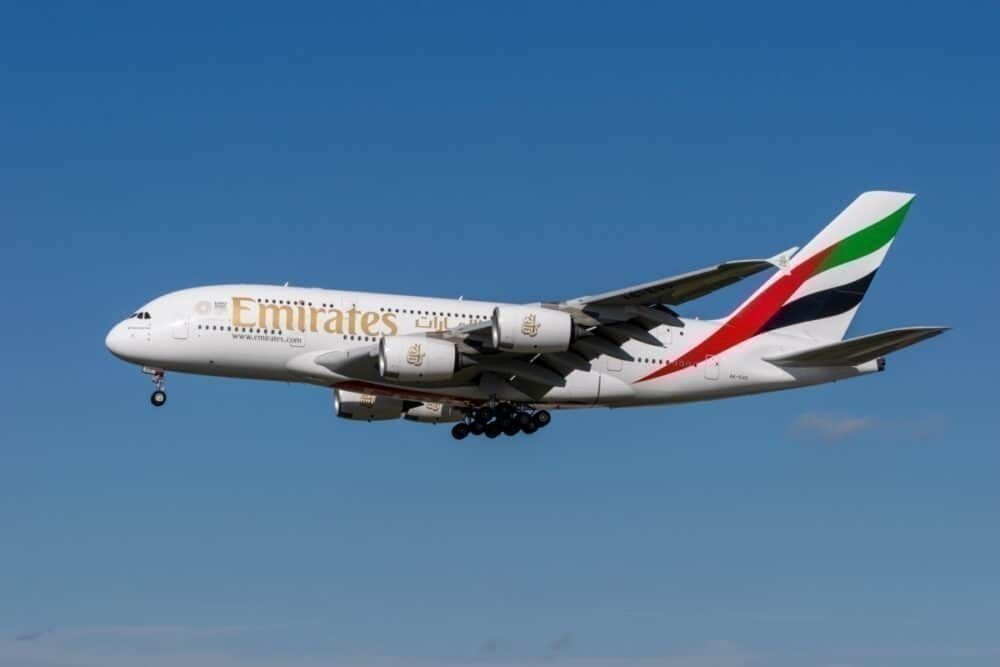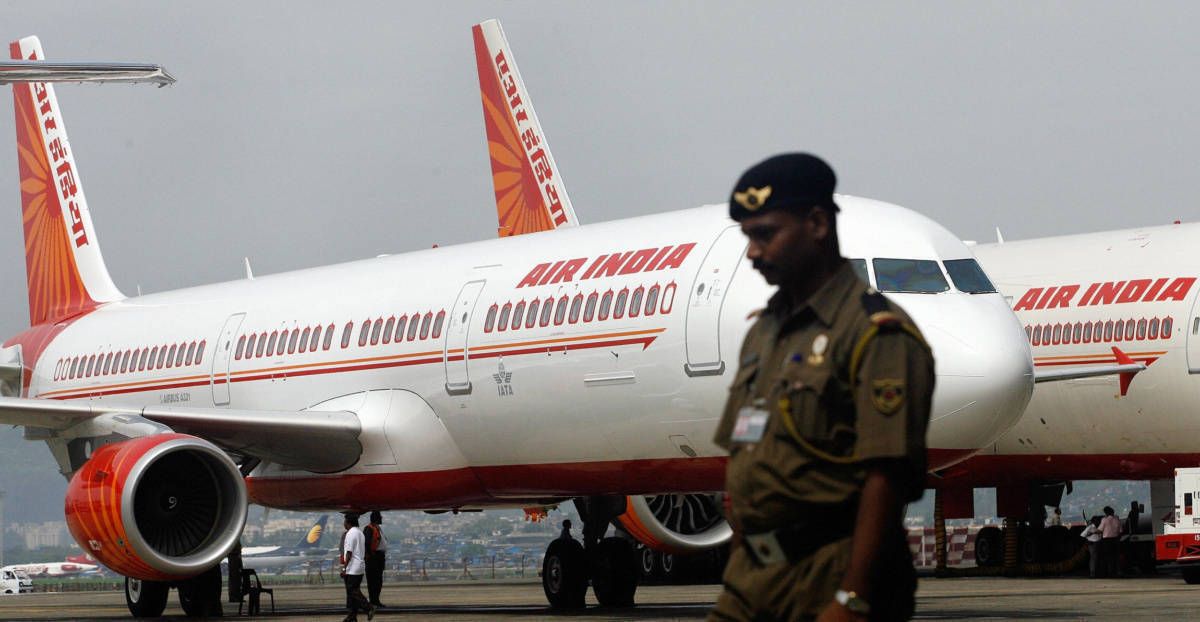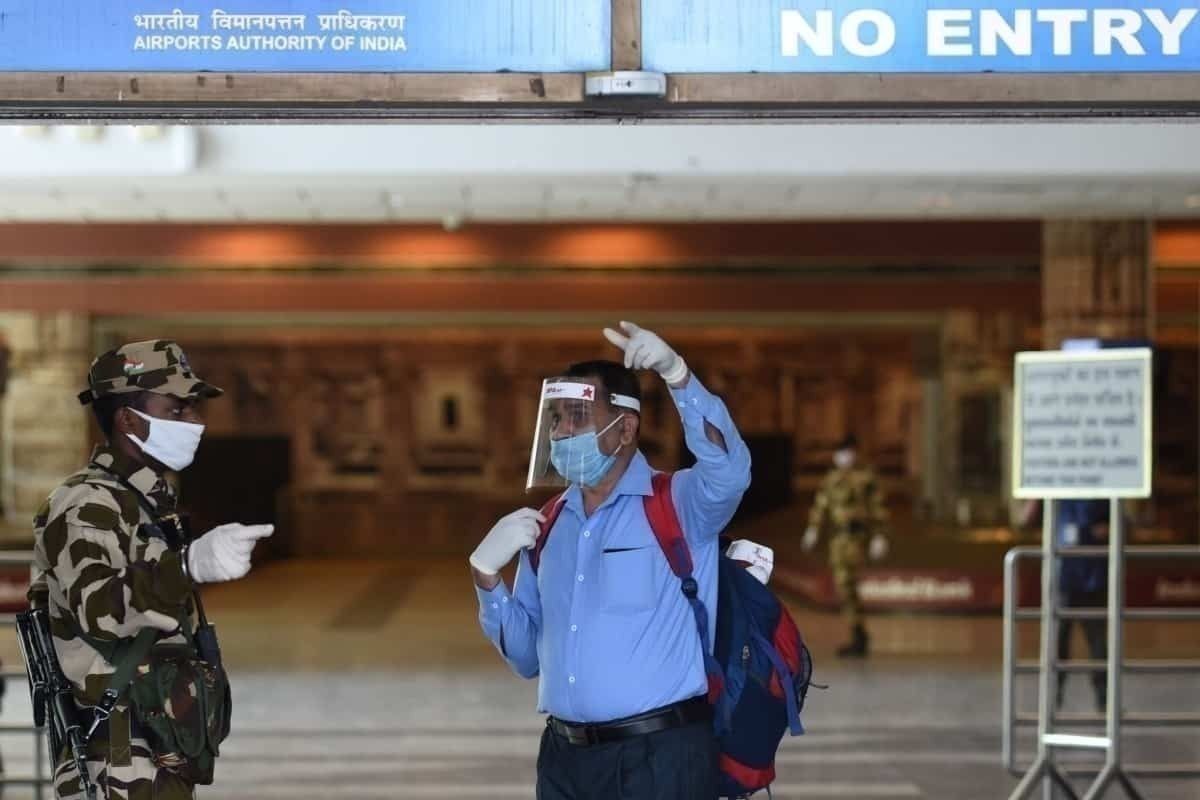From today, Emirates will return to India to conduct a series of repatriation flights. The scheduled trips are the outcome of talks between India and the UAE to repatriate citizens and transport residents for the next 15 days.
India welcoming UAE carriers
Today, Dubai-based carrier Emirates will return to India with a series of repatriation flights. The airline has not flown to the country since July 4th when the Indian government imposed a ban on UAE chartered flights.
Emirates will offer flights between now and July 26th to five cities within India. Its schedule could see it operate up to 150 flights within those 15 days to bring home stranded citizens. The repatriation is the work of a bilateral agreement that allows Emirates to bring people to India as well as fly them out.
As part of the agreement, Emirates will fly to the following destinations:
- Bengaluru, twice per day;
- Delhi, twice per day;
- Kochi, twice per day;
- Mumbai, three times per day;
- Thiruvananthapuram, once per day.
Flying from Dubai, Emirates will be allowed to carry only Indian citizens. However, on return trips, Emirates will take UAE nationals and residents with a negative COVID-19 test. This means that many Indian workers who lost their livelihood in Dubai during lockdown will now be able to return to employment within the country.
Strengthening UAE-India relationship
News of repatriation between Dubai and India is certainly a good thing. Over 200,000 Indian's have registered to fly back to the UAE since May, many of whom will now see their hopes realized. For these two governments, the repatriation flights show maturity.
Citing unfair competition, the UAE banned flights from Air India at the end of June. It was thought that the airline was using the guise of repatriation to operate commercial services. The UAE's ban came just days after the US had issued a similar restriction on the carrier for the same reasons.
In retaliation, India restricted UAE carriers from entering the country. However, this swift turn-around for repatriation flights shows the two countries can still be amicable. In a statement on Twitter, the Minister for Civil Aviation in India Hardeep Singh Puri said,
"As part of the close strategic partnership between the governments of India & UAE [...], the Civil Aviation Authorities of both countries have agreed to operationalize a special agreement."Â
Only temporary permission
Despite the progress that's been made between the two countries, there is still a long way to go before regularly scheduled services are restored in India. The country has been focused on containing the virus by extending its international travel ban. The restriction was set out on March 12th and was planned to last for one month. It was then extended from April 15th to July 15th and then again until August 31st.
To restart its international air travel, India has floated the idea of travel bubbles between individual countries. However, none have been formally created as of yet. For now, it seems that any airlines wishing to enter the country will still need to apply for permission to operate special chartered flights.
Do you think India will allow international tourism to return soon? Let us know your thoughts in the comments.




